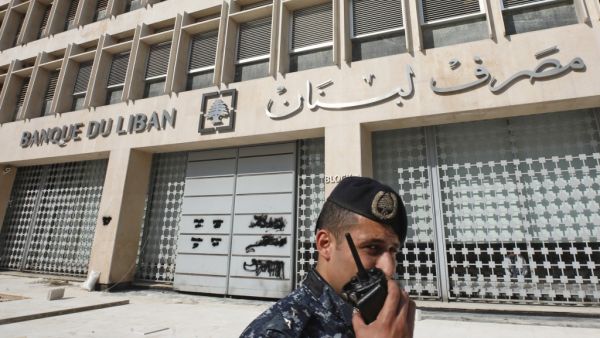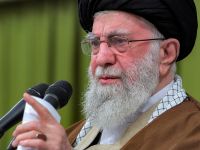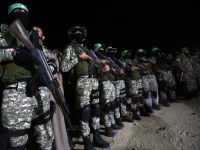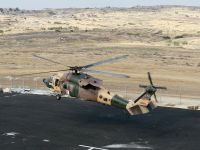Lebanese Central Bank Governor Riad Salameh sought on Monday to calm nerves by saying bank deposits are secure and that there won't be any capital controls.
In a televised news conference, Salameh said the central bank had taken measures to safeguard deposits. Capital controls were not on the table because Lebanon depended on free movement of money, he added.
"A haircut is not on the table," said Salameh, adding that Lebanon was passing through "exceptional circumstances" and a historic phase.
Lebanon's financial troubles have worsened since nationwide economically-driven protests erupted last month. Depositors have rushed to withdraw their money in recent days, while the country's various lenders have imposed varying capital controls that differ from bank to bank, fueling the turmoil.
The unprecedented wave of anti-government protests prompted the resignation of Prime Minister Saad Hariri.
Though it's still pegged at 1,500 pounds to the dollar, the Lebanese pound is trading at up to 1,900 to the dollar on the black market, a devaluation of nearly 30 percent from the official rate.
But Salameh reiterated that the central bank had the capabilities to defend the currency peg.
{"preview_thumbnail":"https://cdn.flowplayer.com/6684a05f-6468-4ecd-87d5-a748773282a3/i/v-i-b…","video_id":"bc75c8ed-3c4a-41bf-86e9-3d82e04ac0de","player_id":"8ca46225-42a2-4245-9c20-7850ae937431","provider":"flowplayer","video":"US Will Keep About 600 troops in Syria"}
Salameh said the central bank hoped for the formation of a new government as soon as possible. The central bank would seek to bring down interest rates through liquidity management measures, he added.
Referring to restrictions imposed by commercial banks since they reopened from a two-week closure, Salameh said the central bank had also asked banks to review these.
His press conference came minutes after the president of the Federation of Syndicates of Bank Employees called on bank staff to go on strike from Tuesday because of safety concerns.
George al Hajj said the decision had been taken on Monday at a meeting of the syndicate that represents 11,000 bank employees. "We call on the employees to abide by our decision," he said, adding he did not know how many banks might be closed as a result.
Giving examples of safety risks faced by bank staff, he cited protests against banks and customers demanding to withdraw their deposits.
This article has been adapted from its original source.








